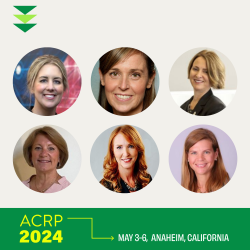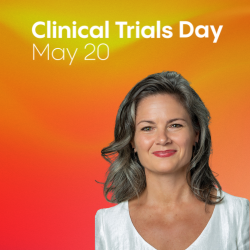William Shakespeare likely wasn’t thinking of clinical trials 400 years ago when he wrote “the past is prologue” in The Tempest. But for Lisa Haney, BS, CCRC, senior clinical quality specialist at Medtronic, the bard might as well have been.
While it can be difficult, especially during a pandemic, to get above day-to-day functioning on the job, Haney believes it remains critically important for clinical trial practitioners to “step back” and take a hard look at what’s working and what’s not when it comes to their clinical trial operations. The benefits are clear, she says.
“It can be a pulse check for how you are doing in general,” Haney notes. She’s a big advocate of doing a deep dive into past trial operations to identify encouraging or troubling trends. “You may find you are struggling with enrollment and inclusion/exclusion issues” when you take the time to examine long-range performance and reveal overall trends, she says. It’s easy to miss that kind of problem when your head is down in the weeds and you aren’t thinking much beyond the end of the current workday, she adds.
“It’s an opportunity for improvement,” Haney says. As you approach your next trial, “you can identify issues proactively” you may have struggled with in the past, she notes. “It’s a way to be more proactive and take care of issues before they come up in an audit.”
In her experience, taking the time to examine past trends often reveals when sites are having problems with following the tenets of Good Clinical Practice, regulatory guidances, and/or trial protocols. Haney’s advice: “Compile monitoring action items and plot them against operational codes to ensure process improvement.”
Elsewhere, she’s seen sites and sponsors benefit from this approach by learning how better to work with vendors, add educational programs to fill knowledge gaps, and otherwise “avoid mistakes.”
Haney will present a session on process improvement for clinical studies in May during the second round of the ACRP 2021 virtual conference.
Author: Michael Causey



